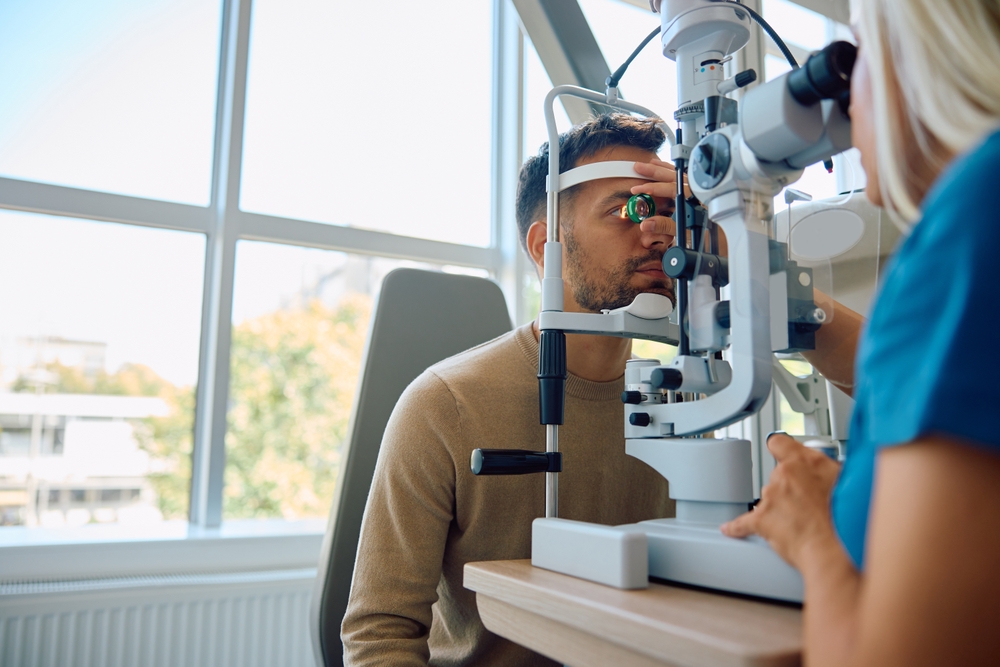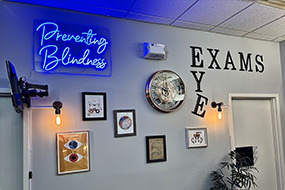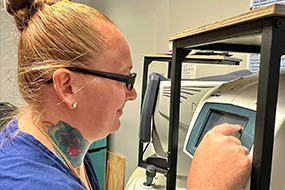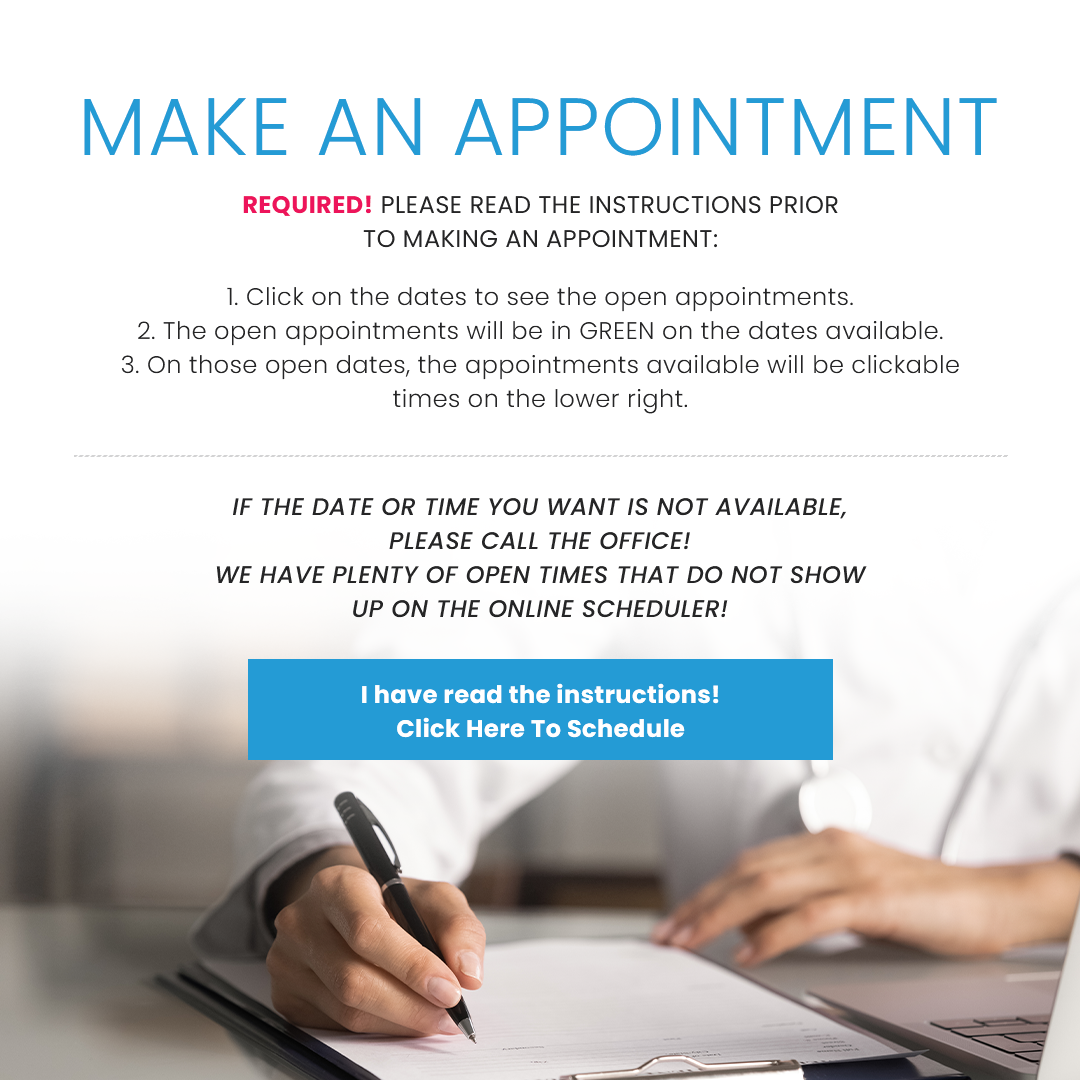
As we journey through life, our body undergoes a myriad of changes, some of which are apparent, while others remain unseen. One such understated aspect is our eye health, which often doesn't receive the attention it deserves. Many individuals tend to neglect this critical facet of health, assuming that as long as they can see clearly, everything is fine. However, this presumption is far from the truth. Eye health plays a vital role in our overall well-being and daily functioning.
The Importance of Eye Exams
Eye exams are an integral part of maintaining good eye health. They are not merely for those who have trouble seeing or require glasses. Regular eye exams are a preventative measure to ensure our eyes are functioning correctly and are not showing signs of any potential problems.
What to Expect During an Eye Exam
An eye exam generally includes a series of tests to evaluate your vision and check for eye diseases. Initially, your optometrist may ask about your medical history and any vision problems you might be experiencing.
This is followed by a series of tests that could include a visual acuity test to measure how clearly you see, a color blindness test, and an examination of your eyes using a high-powered lens to inspect for diseases.
The exam may also include a glaucoma test that measures your eye pressure, peripheral vision testing, and pupil dilation to examine the retina and the optic nerve for signs of damage. The entire process is painless and provides a comprehensive assessment of your eye health.
How Regular Eye Exams Impact Long-Term Health
By detecting these issues early, treatment can be started promptly, improving the chances of a favorable outcome. Regular eye exams can also catch vision issues like myopia, hyperopia, and astigmatism early, allowing for correction before these conditions worsen and affect daily life.
Regular eye exams help detect vision problems at an early stage when they are most treatable. Early detection of diseases like glaucoma and cataracts can help prevent vision loss and blindness. Regular exams also help ensure that your prescription for eyeglasses or contact lenses is up to date.
These exams can also detect symptoms of other health conditions like diabetes, high blood pressure, and even brain tumors. Thus, they form an integral part of your overall health maintenance strategy.
How Often Should You Get an Eye Exam?
The frequency of eye exams can vary depending on various factors such as your age, risk factors, and whether you currently wear eyeglasses or contact lenses.
As a general guideline, the American Optometric Association recommends adults aged 18 to 60 have an eye exam at least every two years and yearly exams for those over 60. However, if you have a family history of eye disease, diabetes, or high blood pressure, or if you already wear glasses or contact lenses, annual exams may be recommended.
Children should have their first eye exam around 6 months, then at 3 years old, and just before they start school. Regular eye exams are crucial for children as good vision is key to their physical development, success in school, and overall well-being.
Incorporating Eye Exams into Your Long-Term Health Strategy
By prioritizing regular eye exams, we can help prevent vision loss, catch potential health issues early, and ensure our eyes adequately serve us throughout our lifetime.
Incorporate regular eye exams into your health routine to maintain optimal eye and overall health. Schedule your next eye exam today, visit Doc Eye at our Waterford, Connecticut, office. Call or text (860) 215-4009 to book an appointment today.


















